Baltimore County Public Library Is Leading the Way on ACP Adoption
Education Superhighway
FEBRUARY 13, 2023
Libraries have always played a critical role in accelerating digital adoption. A report by the American Library Association (ALA) states that 88% of all public libraries offer formal or informal digital literacy programming to community residents.

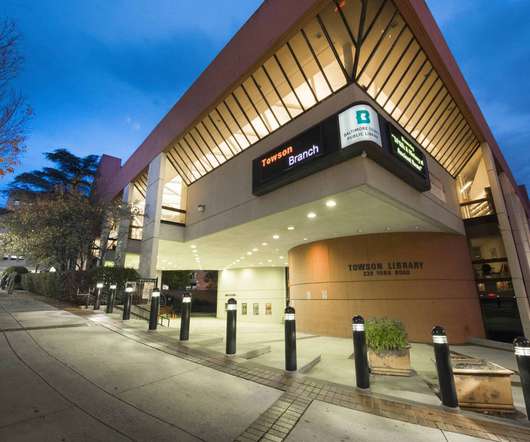

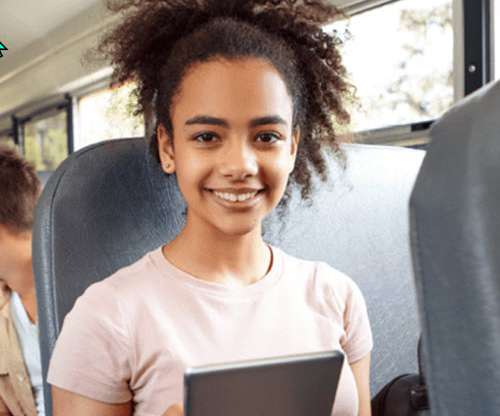


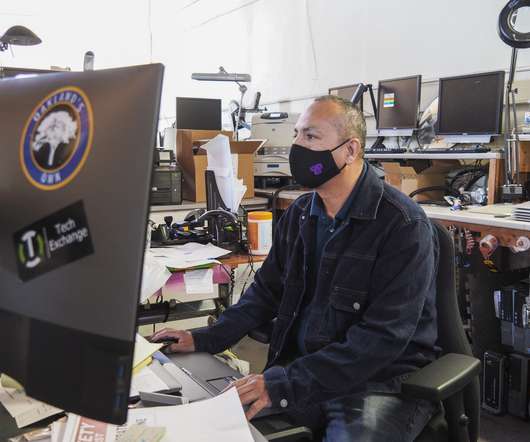
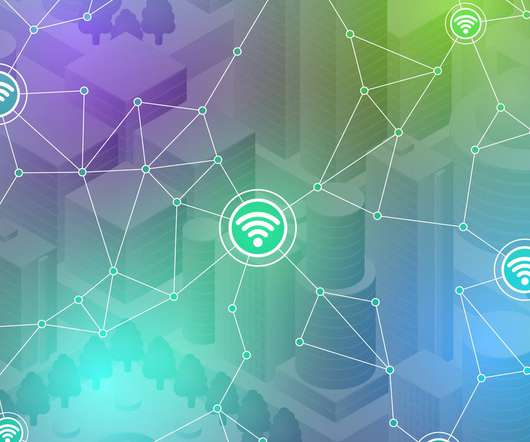

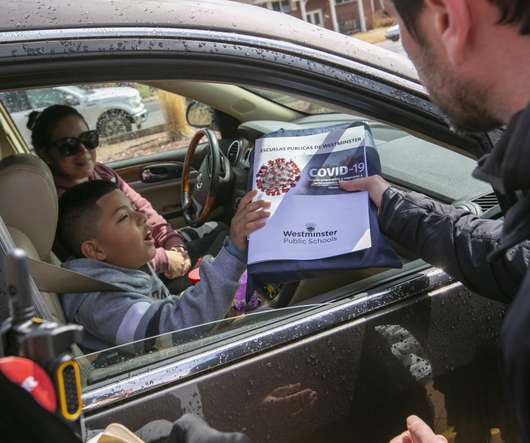














Let's personalize your content